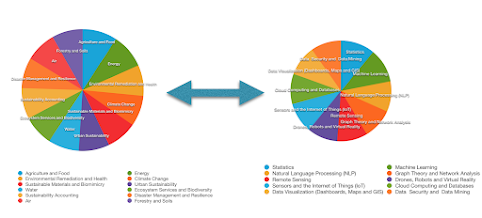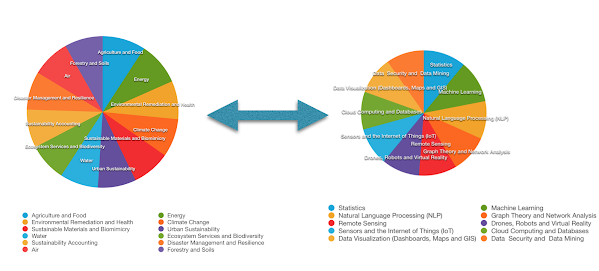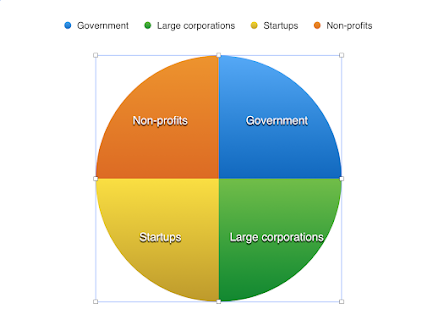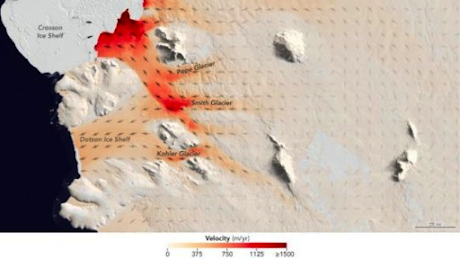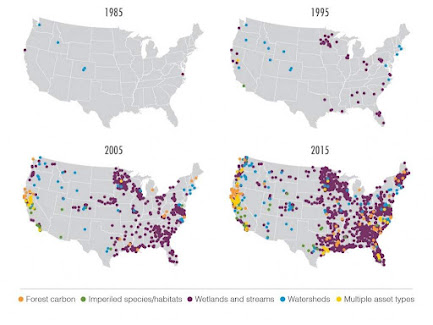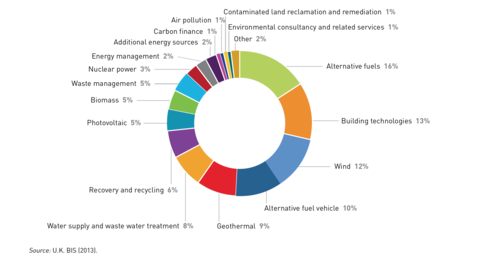Webinar announcement: Getting started with data science
We've been getting a lot of questions recently from folks who are already working in clean tech fields - water, energy, agriculture, environmental consulting, climate change - about data science and what you need to get started. Some of the questions that we get asked a lot: Is all this AI and data science stuff hype? Is it really useful? How is data science different from the traditional statistical methods that we've used? I'm confused about what a data scientist does? Is that different from a data analyst? I can see the potential, but there I don't know where to start and which options are most useful to me at this stage. If this sounds like something you've been thinking, join us for a free webinar this Friday, August 16th at 11.30 am Pacific Time!

